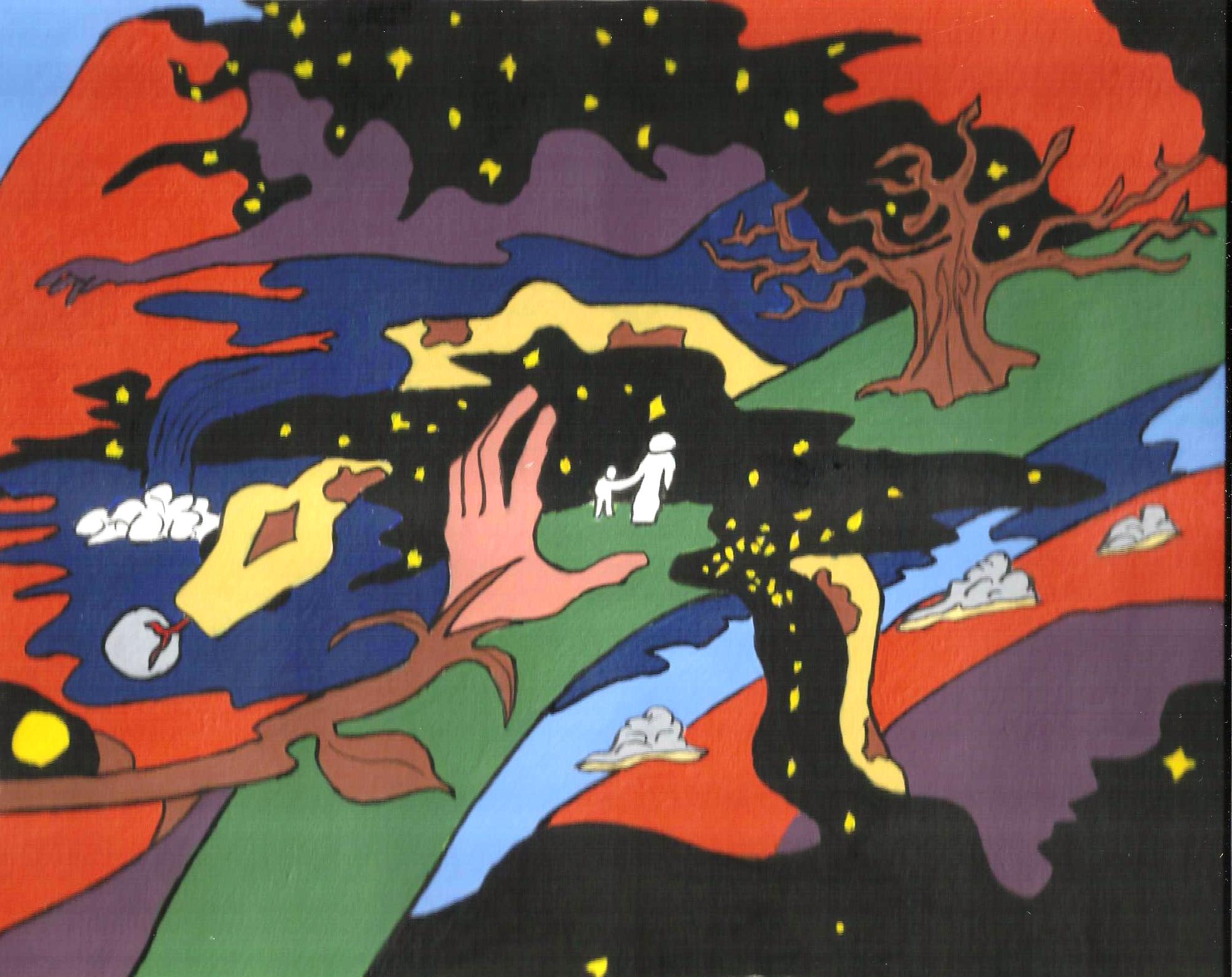
- #VONEEGUT MOTHER NIGHT AUDIO BOOK FREE DOWNLOAD CRACKED#
- #VONEEGUT MOTHER NIGHT AUDIO BOOK FREE DOWNLOAD SERIES#
He does it reasonably well, but his material coheres too quickly into a focused narrative. Here, for Vonnegut in Hocus Pocus, I think the same thing is happening. They no longer have the residue of the deep emotional work it took for Hemingway to get himself to write sentences in the first place. Those late stories get to how Hemingway is supposed to sound, but they give evidence of skipping the hardest part of the creative passage.


He knows he wants short, tight sentences, and he knows he wants a protagonist who can’t voice his deepest emotions. Hemingway knows how his own work is supposed to feel. By late Hemingway, though, that effort has worn smooth. It feels like a coin toss whether it’s author could have survived to write it. The work bears the evidence of the effort it took to carve out each sentence. I have sometimes heard late Hemingway described as “Hemingway imitating Hemingway.” I’ve never known exactly what that was supposed to mean, but I felt – whatever it meant – it applied to things like “The Short Happy Life of Francis Macomber,” “Snows of Kilimanjaro,” and “Old Man and the Sea.” I think now, at last, that I finally understand that notion: the best Hemingway gives evidence of the trauma behind its making. Anyway, I just might try to develop that notion into an academic paper someday, but reading this late Vonnegut for the first time brings to mind another parallel with Hemingway. He fights the impulse to turn experience into linear narrative, and then he fights the impulse to see his stories resolve themselves in conventional ways. So there’s that perpetual anguish in his best work. If it never becomes a story, though, it vanishes as if it never happened. Once such an experience becomes a story, it gets cheapened. He lets us see that he thinks there’s something demeaning in turning his trauma into narrative. Instead, it’s that he dances around his story. (That’s a reference to his famous notion of a story, like an iceberg, being 6/7s underwater.) In Vonnegut’s case, it’s not a matter of the sentence. That’s the Hemingway power: the stark beauty of each sentence implied an emotional violence that was below surface-level. You could feel the effort it took to write each one, with the result that each was powerful and fragile each made it clear how close it came to never having been written. For Hemingway, trauma showed itself at the level of the sentence. My basic insight into Vonnegut, courtesy of re-reading Slaughterhouse Five several months ago, is that we see his trauma expressed in narrative. I have not, historically, thought of Vonnegut as anywhere near Hemingway’s level, but I’m slowly reconsidering that.

Each survived the trauma of his war, and each went on to find a new way to write literature. I’ve been thinking a lot lately about the parallels I see between Hemingway and Vonnegut.
#VONEEGUT MOTHER NIGHT AUDIO BOOK FREE DOWNLOAD SERIES#
This novel is another in a long series of farewells to the farmland funeral rites of childhood.
#VONEEGUT MOTHER NIGHT AUDIO BOOK FREE DOWNLOAD CRACKED#
At 68, Vonnegut had not only abandoned the sentiment and cracked optimism manifest in Slaughterhouse-Five, he had abandoned any belief in the system or faith for its recovery. The "hocus pocus" of the novel's title does not describe only the jolting reversals and seemingly motiveless circumstance which attend Debs' disillusion and suffering, but also describe the political, social, and economic system of a country built upon can't, and upon the franchising of lies. As warden and prisoner, Debs (and the reader) come to understand that the roles are interchangeable as a professor jailed for "radical" statements in the classroom reported by a reactionary student, he comes to see the folly of all regulation. Debs, already disillusioned by circumstance, quickly tracks his way toward resignation and then fury. Employing his characteristic narrative device - a retrospective diary in which the protagonist retraces his life at its end, a desperate and disconnected series of events here in Hocus Pocus show Vonnegut with his mask off and his rhetorical devices unshielded.ĭebs (and Vonnegut) see academia just as imprisoning as the corrupt penal system and they regard politics as the furnishing and marketing of lies. Eugene Debs Hartke (named after the famous early 20th century Socialist working class leader) describes an odyssey from college professor to prison inmate to prison warden back again to prisoner in another of Vonnegut's bitter satirical explorations of how and where (and why) the American dream begins to die.


 0 kommentar(er)
0 kommentar(er)
